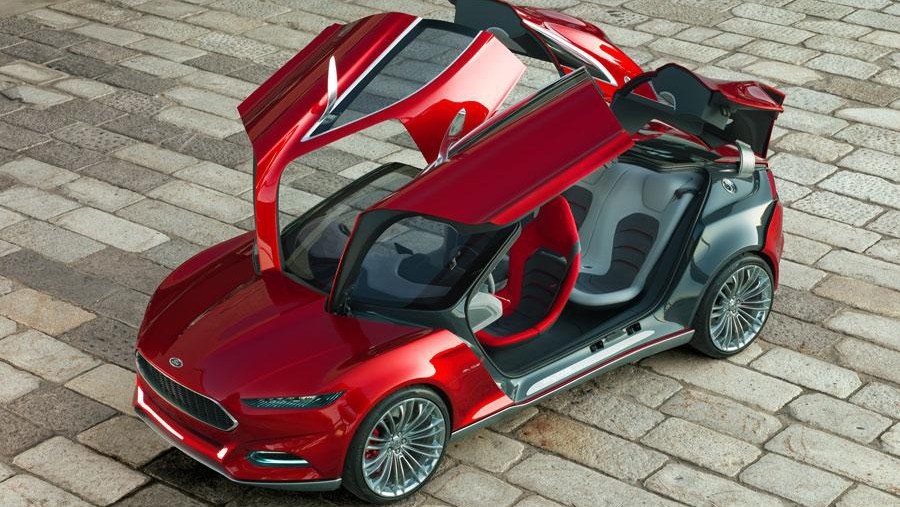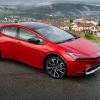
GM, VW Say “No Future” in Hybrids
Model cancellations, consolidations, and a march toward electrification are leading car manufacturers to make drastic decisions. Today, the Wall Street Journal announced that both General Motors and Volkswagen are killing off their Hybrid models. For them, it’s either conventional engines or electric — no middle ground.
What they’re saying
“Our strong preference is to go all-in where the market is heading, as opposed to hybrids as a way to hedge our bets,” said Volkswagen CEO Scott Keogh to the Wall Street Journal. “If I had a dollar more to invest, would I spend it on a hybrid,” asks Mark Reuss, GM President. “Or would I spend it on the answer that we all know is going to happen, and get there faster and better than anybody else?”
Why not Ford and Toyota?
Ford and Toyota have announced they are keeping their hybrid models for the time being. They have stated the hybrids are considered core products. They see them as stepping stones toward a fully electronic future and are not about to give up this market.
Ford says they want the customer to have a choice in selecting a green vehicle since electric vehicles are more expensive than hybrids and have a shorter range.
Hybrids already gone
GM’s decision aligns with their recent cancellation of the Chevy Volt and Bolt hybrids, and Cadillac CT6 hybrid sedan. But are VW and GM abandoning a lucrative market or have they read the tea leaves and are seeing an all-electric shift? China, the world’s largest automobile market, has mandated that 7% of cars sold by 2025 must be electric. So this latest news fits within what we know about China’s regulations on emissions.
Toyota’s Prius was selling in substantially higher numbers every year until most recently. In 2017 Prius sales were half of what they were in 2016. Some of this lessening demand is from more choices, with even Toyota vehicles like the RAV4 have increased sales cutting the Prius off at the knees.
Is China key?
Reuss went on to reveal that GM will unveil 20 new fully electric cars by 2024. VW has put in billions in its EV development program that includes a small plug-in hybrid system and electrification of their 2022 minibus.
With development costs so high VW looks to China as a way to keep EV costs down in the US from the extra volume China would require. It also speeds up development time since VW is looking at a much larger market.
Whether you think this is a good or bad idea, we have four companies that today have said they’re all in either for keeping hybrids or seeing no future in them. It will be an interesting future to watch.



